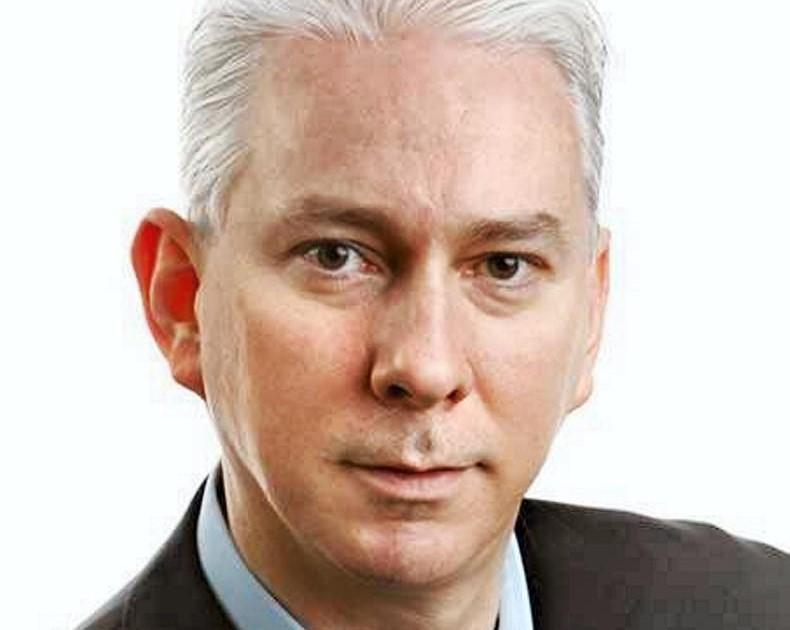Bord na Móna will cut around 400 peat operations, administrative and managerial jobs as it moves away from harvesting peat and turns to renewable energy and waste treatment, its new chief executive Tom Donnellan announced on Wednesday.
"We will shortly open a voluntary redundancy programme, with the expectation that these changes could directly impact approximately 380-430 roles and employees," he said, opening consultations with unions on these "extremely difficult choices".
The company needs to restructure to comply with looming climate change obligations, as Ireland stops using peat as solid fuel and in power stations. The use of peat for energy will end in 2028, instead of 2030 as previouly planned.
"By accelerating the move away from peat into renewable energy, resource recovery and new businesses we are supporting national policy and seizing the opportunity presented by decarbonisation," Donnellan said.
Part-time farmers
Peat operations have traditionally employed part-time farmers and members of farming families with skills such as tractor driving. Bord na Móna estimates it has potential to create 400 to 500 different jobs in the midlands "in the medium term".
The company has announced 46 new jobs as it expands its Co Louth tyre recycling plant. The plant won the tender to process unwanted tyres currently collected from farmers under a Government-supported scheme.
Bord na Móna has also been investing in wind farms, renewable gas plants and biomass. It aims to become a central trader between growers and users as boilers using energy crops become more common with the upcoming Support Scheme for Renewable Heat.
'Hammer blow'
Fianna Fáil TD for Offaly Barry Cowen said the job losses would be a "hammer blow for the midlands" and called for state and EU support for workers and regions affected.
Fine Gael MEP Sean Kelly said some of the funds raised from the sale of carbon emission permits at EU level should be "ring-fenced for impacted areas, such as those whose local economies are dependent on jobs in peat, to ensure they are not left behind in the fight against climate change".
Read more
Fuelling transformation at Bord Na Móna
20 minutes with Paul Riordan, head of peat production at Bord na Móna
Bord na Móna will cut around 400 peat operations, administrative and managerial jobs as it moves away from harvesting peat and turns to renewable energy and waste treatment, its new chief executive Tom Donnellan announced on Wednesday.
"We will shortly open a voluntary redundancy programme, with the expectation that these changes could directly impact approximately 380-430 roles and employees," he said, opening consultations with unions on these "extremely difficult choices".
The company needs to restructure to comply with looming climate change obligations, as Ireland stops using peat as solid fuel and in power stations. The use of peat for energy will end in 2028, instead of 2030 as previouly planned.
"By accelerating the move away from peat into renewable energy, resource recovery and new businesses we are supporting national policy and seizing the opportunity presented by decarbonisation," Donnellan said.
Part-time farmers
Peat operations have traditionally employed part-time farmers and members of farming families with skills such as tractor driving. Bord na Móna estimates it has potential to create 400 to 500 different jobs in the midlands "in the medium term".
The company has announced 46 new jobs as it expands its Co Louth tyre recycling plant. The plant won the tender to process unwanted tyres currently collected from farmers under a Government-supported scheme.
Bord na Móna has also been investing in wind farms, renewable gas plants and biomass. It aims to become a central trader between growers and users as boilers using energy crops become more common with the upcoming Support Scheme for Renewable Heat.
'Hammer blow'
Fianna Fáil TD for Offaly Barry Cowen said the job losses would be a "hammer blow for the midlands" and called for state and EU support for workers and regions affected.
Fine Gael MEP Sean Kelly said some of the funds raised from the sale of carbon emission permits at EU level should be "ring-fenced for impacted areas, such as those whose local economies are dependent on jobs in peat, to ensure they are not left behind in the fight against climate change".
Read more
Fuelling transformation at Bord Na Móna
20 minutes with Paul Riordan, head of peat production at Bord na Móna






 This is a subscriber-only article
This is a subscriber-only article










SHARING OPTIONS: